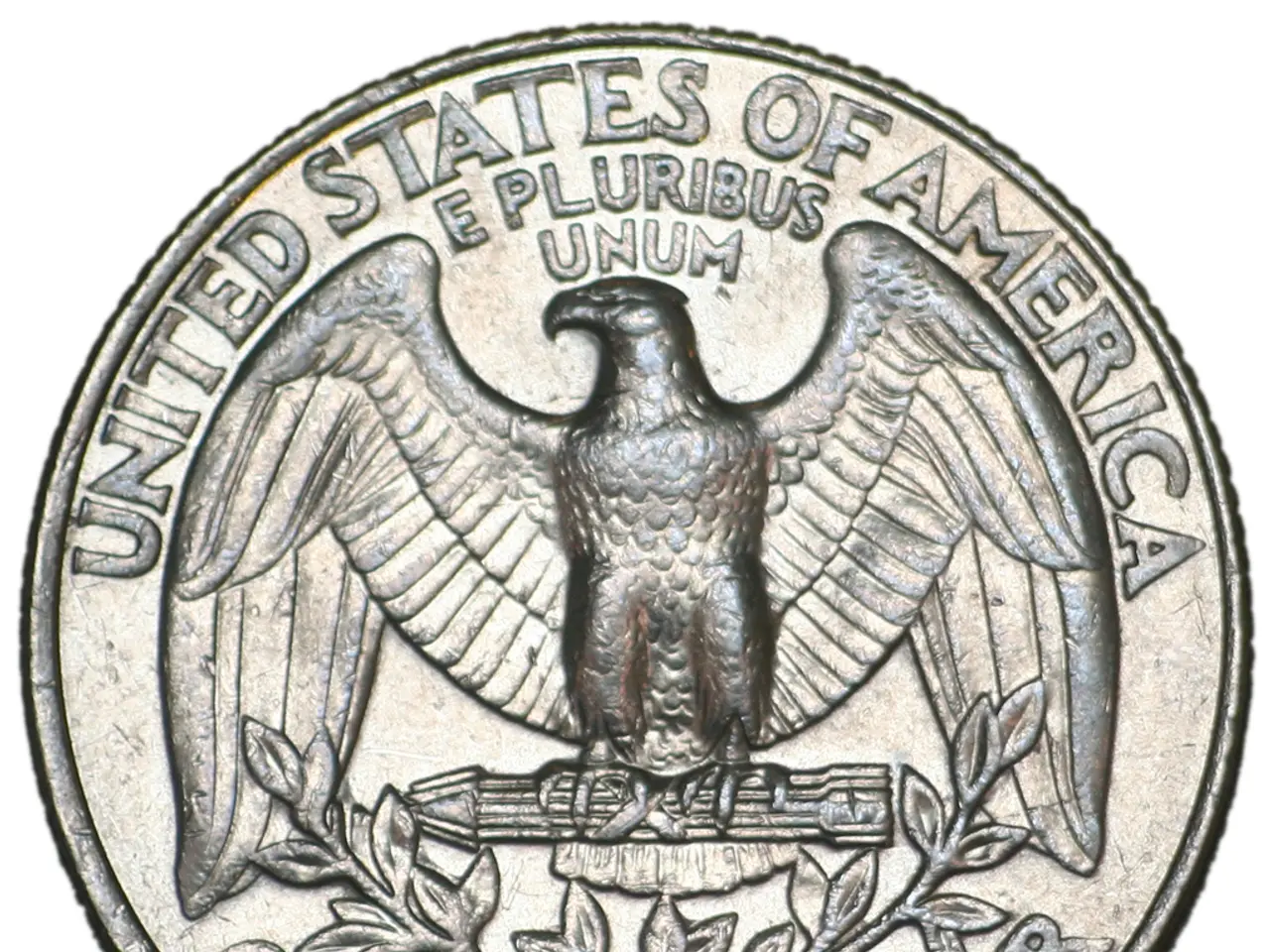Decentralized trading platform, Asset Chain, introduces peer-to-peer blockchain trading, eliminating all fees.
Nigeria-based blockchain infrastructure company, Asset Chain, has recently launched its Layer-1 (L1) network, aiming to address critical issues in Nigeria's peer-to-peer (P2P) crypto market. The innovative platform introduces a zero-fee, gasless blockchain designed to facilitate direct on-chain trading of Nigerian naira pegged tokens (cNGN) and stablecoins like USDT.
The new blockchain, currently invite-only, is designed to provide a seamless user experience similar to popular P2P exchanges but with added security and privacy. By offering a decentralized exchange (DEX) for trading USDT and cNGN, Asset Chain tackles the fragmentation and risks prevalent in Nigeria's informal P2P crypto market, where most trades involve USDT to naira swaps conducted off-chain that are prone to fraud and settlement disputes.
One of the key advantages of Asset Chain's DEX is the elimination of intermediaries and fees. By launching a zero-fee, gasless Layer-1 blockchain, Asset Chain removes the costly and complex steps usually involved in P2P trading, such as relying on third-party escrow services or navigating multiple platforms. This approach simplifies access to the market, reduces counterparty risks, and makes trading more accessible to ordinary people.
Another significant benefit is improved security and trust. Since trades occur on-chain on a decentralized exchange, there is no need to trust third parties, reducing fraud risks and settlement disputes common in the informal P2P space.
Beyond digital currencies, Asset Chain and its associated projects like Xend Finance are exploring broader use cases for the cNGN token and the blockchain infrastructure. These include enabling investments in Nigeria's money market and integrating real-world asset markets on the blockchain. This positions Asset Chain as a platform not only for cryptocurrency trading but also for real-world asset tokenization and decentralized finance (DeFi) applications that can broaden financial inclusion and innovation in Nigeria and potentially other markets.
Assetbase, a company associated with Asset Chain, is already building the infrastructure for tokenizing real-world assets such as Nigerian real estate, agricultural products, and government bonds. This expansion into real-world asset markets signals Asset Chain's ambitions beyond just digital currencies.
The launched blockchain has been in beta since the launch of its testnet in 2024 and has been tested and verified to handle over 20,000 transactions per second. Currently, 200 traders and liquidity providers have joined the DEX platform. Asset Chain aims to achieve ₦100 billion ($65 million) in trading volume within its first 60 days.
In addition, Asset Chain is hosting a Moonshot event in Lagos on October 15-16, with early bird tickets available at a 20% discount. The event promises to be a significant gathering of blockchain enthusiasts, developers, and investors interested in the future of P2P crypto trading in Nigeria.
[1] Asset Chain Official Website [2] Asset Chain Whitepaper [3] Asset Chain Medium Blog [4] Asset Chain Reddit Community
- Asset Chain's L1 network, designed for P2P crypto payments in Nigeria, introduces a unique decentralized exchange for trading cNGN and stablecoins like USDT, aiming to enhance security, privacy, and financial inclusion.
- By eliminating intermediaries and fees on its zero-fee, gasless blockchain, Asset Chain simplifies access to the market, reducing counterparty risks and making trading more accessible for ordinary people, even as it explores broader use cases, such as real-world asset tokenization through their associated project, Xend Finance.
- With its ambitious plans to tokenize real-world assets like Nigerian real estate, agriculture, and government bonds, Asset Chain positions itself as a platform not only for cryptocurrency trading but also for decentralized finance applications, thereby broadening financial innovation in Nigeria and potentially other markets.




